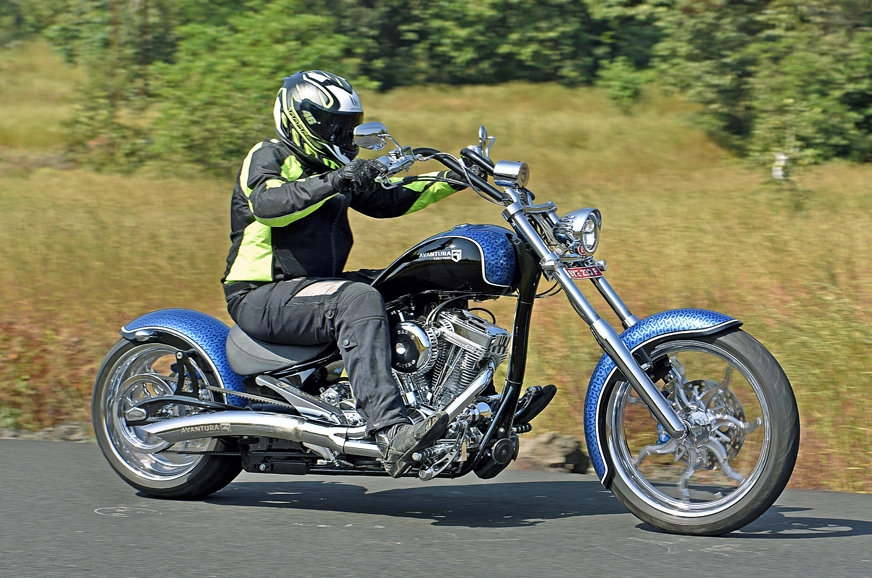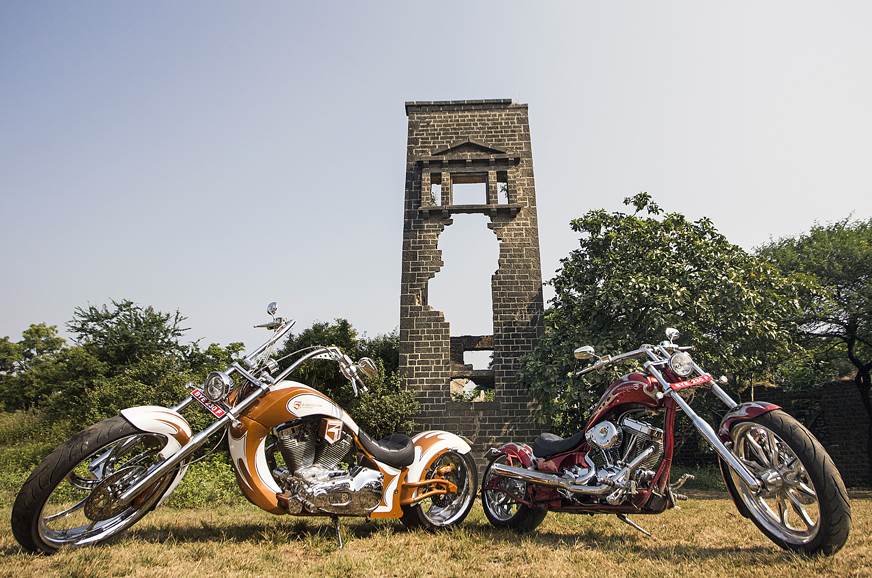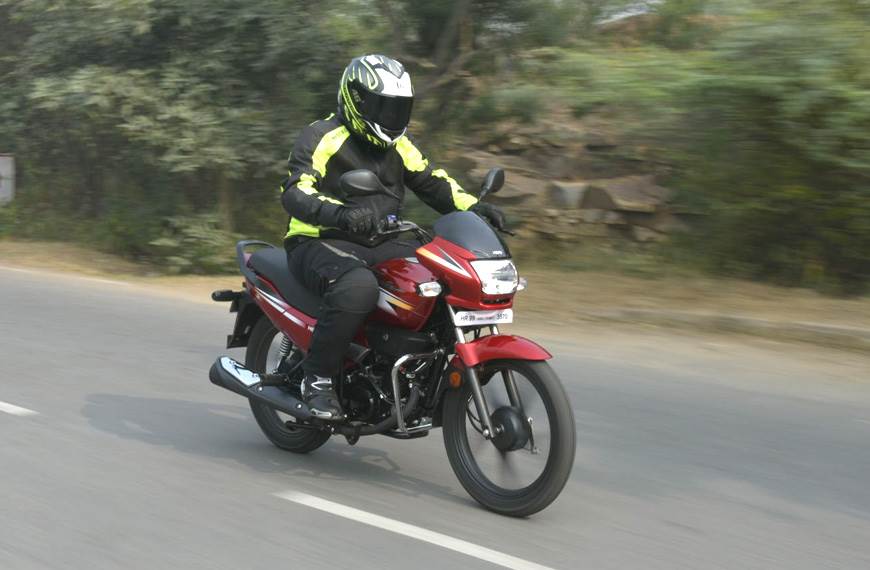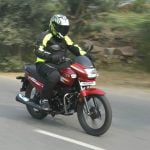
Avantura Choppers isn’t a chop-shop. You cannot toss your motorcycle keys at them and ask for your bike to be re-imagined, in the same way that you wouldn’t expect it from Royal Enfield or Harley-Davidson. This is no make-shiny garage; Avantura Choppers is India’s newest motorcycle manufacturer.
Scepticism comes naturally to us, being the thinking spenders we are, and this particularly applies to the motorcycling audience. Many brand-new names have emerged in recent years, only to disappear soon after, but Avantura Choppers begs to differ. This is a full-blown motorcycle manufacturer, on a small scale, certainly, but with everything you would associate with a motorcycle maker in place. It has a team (including Kevin Alsop, the founder of Big Bear Choppers, USA, as its chief design engineer) and departments for every aspect. It also claims to have a long list of reputable vendors, a factory, a prospective dealer network and, of course, a range of (two) motorcycles as well.
Let’s get to the bikes then. The outrageous motorcycle you see here is called the Pravega. In case you were wondering, Avantura (and the motorcycles in its stable – the Rudra and the Pravega) is a name derived from Sanskrit, a conscious decision to highlight its Indian roots. The brand is happily explicit about this and this transparency (a westernised name would have been convenient, right?) does make an effort towards deconstructing one’s obvious scepticism. This is a great approach to brand building, but ultimately, it’s the motorcycle that has to do the talking. So, does it?
When I first saw the Pravega and Rudra, I was intimidated like never before, to say the least. The elaborate steering rake angle, a long, sloping tank, tall ape hangers and a 250-section rear tyre that’s almost square in its profile, all come together to establish a visual package that most of us have only ever experienced on the television. The Rudra, in fact, is even more otherworldly, with a further angled-out fork and a lower stance. But since I only rode it briefly, we’ll stick to the Pravega for now. This is a motorcycle that is 2,627mm long and has a 2,006mm wheelbase! In comparison, the Harley-Davidson Heritage Softail Classic (already a very large bike) is 2,405mm long has a 1,635mm wheelbase. Pictures simply don’t do justice to the scale of these motorcycles.
The Pravega, to continue the Harley reference, looks more like a Street Bob that grew significantly bigger and flashier. The Avantura offers two frame styles in all, both designed in the US but fabricated in its factory in Vasai, Mumbai. The one on the Pravega is suitable for a classic, Easy Rider-style chopper while the Rudra’s frame is more low-slung and elongated. On either motorcycle, the basic chassis and engine configurations remain the same, but Avantura’s business model revolves around creating bespoke motorcycles, which means a lot of visual and ergonomic features are customer-dependent. This includes the wheels, headlight, handlebar, tank (colour/paint theme only), fender styles, exhaust and foot peg assembly (for style and reach), among other tiny details. Picking between some of these features (the handlebar, for instance) will cost the buyer nothing, although picking a wheel design and finish (the wheel blanks are imported and stamped locally) will. From the time of placing the order, Avantura says it will take under three months to deliver the motorcycle as per the specified configuration.
This means, there is no such thing as a stock Pravega and, largely, no two Pravegas will be the same either. Avantura is aware of how intimidating these giants can be, which is why it has Indianised its choppers on two aspects – the seat and the ground clearance. Choppers aren’t meant to be practical but since these bikes cater to such a small audience, Avantura decided to accommodate. The result is a solo seat from American brand, Mustang, which sits at a low 600mm and a relatively fantastic ground clearance of 150 mm. Given how rare our stints with choppers have been (mostly custom-built one-offs, at best), these go a long way in breaking the ice, or the iceberg (as would be more apt in this case).
Swing a leg over and you are faced with a long and sloping 21-litre fuel tank. Further ahead, lays a chrome-plated steering head, a tiny instrument pod (with an analogue tachometer and digital speedo and odo) and an ape-hanger handlebar. The switchgear is locally sourced as well and replicates Harleys in terms of look, feel and layout (yes, with a turn-signal button on each side). To the left of the engine is a chromed ignition box with a Harley-style fob that you turn clockwise to activate. It also has a built-in security feature that sets an alarm off at the trace of even a slight movement, once you activate it through two clockwise motions of the fob. Nothing, however, prepares you for what happens when you thumb the starter button.
If you haven’t noticed, there’s a humongous, fuel-injected, 2,000cc V-twin underneath the fuel tank. This engine, called the V124 (in reference to its 124 cubic inch capacity), is common to the two motorcycles and is manufactured by USA-based S&S Cycle. Yes, it’s the same S&S that supplies the exhaust systems on the newly-unveiled Royal Enfield Interceptor 650 and Continental GT 650. The transmission, a six-speed unit, is also imported and power is transferred to a rear wheel via a belt drive mechanism. This is the preferred solution by most cruiser motorcycles – including Harley-Davidson, for instance – for its ability to handle loads of torque. The bike we rode featured an accessory exhaust (optional) that claimed to be much louder than the stock unit. It’s a claim we’d like to believe since no stock exhaust can surpass homologation tests being this loud. In addition to being loud, it’s also very fascinating because it does justice to the Pravega’s ludicrousness. This is a motor that can, in terms of decibels, outdo any muscle car I’ve heard, even at idling rpm. And since a chopper’s primary function is showboating, what better way to do that than to shatter eardrums in an indiscriminate manner?
The hydraulic clutch lightens up to a reasonable point once the engine is running, and first gear engagement is occasionally smooth, and occasionally isn’t; at times, I could hear and feel it clunk into place, while on others it was completely devoid of feel. This is pardonable, considering this bike is amongst the first five the company has produced, but Avantura has identified the problem and assured its omission from the bikes it will actually sell.
Let the clutch out and you initially struggle to keep the Pravega going in a straight line. Ape-hangers aren’t low-speed friendly and the 34-degree steering rake (with a whopping 4.5-inch trail) amplifies the struggle. Gain momentum, though, and it evens out. Initially, you have to plan your way around tight corners, and I found myself using my legs for support on the tarmac. This doesn’t last long, thankfully. Fifteen minutes into the ride, I was comfortable – cheerful, even – particularly helped by the crisp morning air and the rising sun in the corner of my helmet’s visor. This is the American Dream at its unfiltered best.
Given the 347kg kerb weight, the relatively skinny front tyre, the steering geometry and the nearly flat rear tyre, the motorcycle tends to tramline quite a bit when pushed into an uneven surface or an unplanned manoeuvre. Choppers demand patience and planning and you’d do well to keep your riding strictly to familiar roads! This isn’t a format of motorcycle that enjoys aggressive riding or mid-corner corrections too much. Choppers, traditionally, are meant for typically American highways – endlessly straight, characterless even – and to introduce one on a narrow, twisty road wasn’t a great idea. That said, there’s generous cornering clearance and the Pravega is not unhappy or out of its place on a smooth and flowing road.
Beyond the mildly turbulent initiation, the Pravega got enjoyable. There is a phenomenal amount of torque on offer (unspecified, unfortunately) and the intensity of its acceleration in each gear is thoroughly involving. What heightens the intensity is the aural note that lashes your eardrums, and the pops and bangs on the overrun shook me up a bit, initially. It’s easy to get the Pravega to clock 120kph (it does it in 3rd gear), and it’s equally easy to get it to putter around at 70kph, in 6th gear. Vibrations, caused due to the large capacity V-twin’s oscillations (and not due to a lack of refinement), are omnipresent and they are prominent without making the experience sour in any way. The best place to ride it would be on a straight-ish road with simple, flowing curves and definitely not on a hot summer’s day. This is a 2,000cc air-cooled engine, lest you forget, and while my riding pants did keep the heat out, they did pick up a slight burn while in the feet-forward riding position, thanks to the exhaust pipe. A heat shield will be indispensable to this motorcycle.
Avantura hasn’t disclosed the engine’s output figures but it is, undoubtedly, more than adequate for highway cruising speeds in excess of 140kph. To match this, Avantura has equipped the Pravega with six-piston Beringer (of France; also makes brakes for aircrafts) calipers and a disc at either end. The Pravega isn’t equipped with ABS (it will be offered only when legislation demands it in 2019) and while the brakes are good, they lack feel, particularly at the front – the 21-inch front wheel is partly to blame here. The brake lever feels extremely wooden and, while the Pravega never overshoots its braking targets, it lacks the feel and bite you’d expect from six-piston caliper. This shouldn’t be an issue on home turf – showing off down the boulevard at low speeds or gradual deceleration down the highway – but is an important issue to address given it still will be ridden in the not so ideal Indian real world. The rear brake, thankfully, is perfectly progressive and returns good feedback, and this meant I found myself using it more than I usually would on a different motorcycle.
Moving on, Avantura is certain it will never go the hard-tail way with its choppers, regardless of how aesthetically beneficial it may be, with respect to its made-for-India philosophy. The Pravega, therefore, cleverly conceals its near-horizontal twin-shock absorber setup (it sits well below the seat), linked to a flamboyant swingarm that does its chopper design full justice. The overall ride quality is decent for a motorcycle this geometrically challenging and the front fork certain is on par with any other full-size cruiser, perhaps better than a few as well. The rear absorbs bumps admirably, although the Rudra, which also sports the same unit, had a tendency to throw me around even over the slightest undulations. Avantura’s development team blamed it merely on a setting, but we will wait to ride the production-standard motorcycle to give you the final verdict on it.
Both the motorcycles are awaiting final ARAI clearance on a few remaining tests and should be ready for sale by December 2017. Will they find takers, though? To be fair, Avantura’s attempts at making its choppers practical and inclusive are appreciable, but the motorcycles are still extremely niche and have a very focused customer base. Ultimately, the Pravega is an impractical, feel-good indulgence. It’s not easy to ride, it demands a certain flavour of road and it costs a fortune. At Rs 21.4 lakh (ex-showroom, Mumbai), the Pravega ventures beyond the Ducati xDiavel, Harley-Davidson Heritage Softail Classic and into Indian Chief territory. Of course, the parts used are all top grade – the engine alone is listed at Rs 4.5 lakh on the S&S website and that’s before customs and duties.
From our brief ride, we can tell you that the Avantura Choppers feel surprisingly well put together and while there are a few niggles, these are not critical to the functioning of the motorcycle. Should you buy one? We’d suggest giving it sometime till the company settles into a manufacturing rhythm and has a reasonable sales/service network in place (two dealerships are planned before March 2018 and Avantura aims to establish seven dealerships in all, by March 2019). Until then, you can take a closer look at the bikes at the Avantura stall at the India Bike Week in Goa on November 24th and 25th.
THE RUDRA

The Rudra is Avantura Choppers’ more flamboyant, more expensive motorcycle. It’s a low-slung machine that’s longer than the Pravega and less traditionalist, too. To give you the numbers, it’s 2,908mm long and has a 2,180mm wheelbase; it makes the Pravega look small, to be precise. In my brief stint astride it, I found it more unnerving than the Pravega thanks to its dramatic steering head angle (38 degrees), apart the expected suspects such as the weight and the monstrous V-twin. The suspension wasn’t very absorbing and kept throwing me out of the saddle, something Avantura’s team blamed out to a setting rather than a flaw. Overall, the Rudra serves the purpose of being a chopper (grabbing eyeballs and making a statement) even better than the Pravega does and its Rs 23.9 lakh (ex-showroom, Mumbai) price tag is reasonable, in that scheme of things.
[“Source-autocarindia”]




